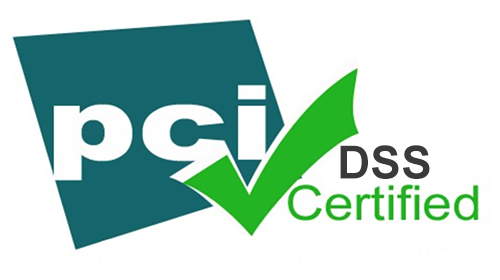PCI DSS: An Essential Guide for Secure Card Transactions

Introduction
The Payment Card Industry Data Security Standard (PCI DSS) is a global security standard designed to protect cardholder data and secure card transactions across the payment industry. Developed by the Payment Card Industry Security Standards Council (PCI SSC), this standard applies to all entities involved in payment card processing, including merchants, processors, acquirers, issuers, and service providers. PCI DSS aims to reduce payment card fraud through enhanced security measures.
Basic Use
PCI DSS provides a framework for developing a robust payment card data security process, including prevention, detection, and appropriate reaction to security incidents. It’s used by organizations to safeguard cardholder data through a comprehensive set of requirements for security management, policies, procedures, network architecture, software design, and other critical protective measures.
Key Provisions
- Build and Maintain a Secure Network: Install and maintain a firewall configuration to protect cardholder data. Ensure that passwords are not vendor-supplied defaults.
- Protect Cardholder Data: Protect stored cardholder data and encrypt transmission of cardholder data across open, public networks.
- Maintain a Vulnerability Management Program: Use and regularly update anti-virus software. Develop and maintain secure systems and applications.
- Implement Strong Access Control Measures: Restrict access to cardholder data by business need-to-know. Assign a unique ID to each person with computer access.
- Regularly Monitor and Test Networks: Track and monitor all access to network resources and cardholder data. Regularly test security systems and processes.
- Maintain an Information Security Policy: Maintain a policy that addresses information security for employees and contractors.
Benefits
- Enhanced Security: Significantly reduces the risk of data breaches and card fraud by establishing rigorous security standards.
- Customer Trust: Builds customer trust by demonstrating commitment to protecting their payment information.
- Compliance: Helps avoid fines and penalties associated with non-compliance while ensuring a secure environment for processing, storing, and transmitting cardholder data.
Drawbacks
- Cost and Resource Intensive: Achieving and maintaining PCI DSS compliance can be costly and resource-intensive, especially for small businesses.
- Complexity: The standard’s requirements can be complex and challenging to implement, requiring continuous effort and attention.
- Limited Scope: Focuses specifically on cardholder data security, which means organizations must also consider other aspects of information security outside the scope of PCI DSS.
Conclusion
PCI DSS is crucial for any organization involved in handling payment card transactions, offering a comprehensive set of standards for securing cardholder data. While compliance requires significant investment in terms of costs and resources, the benefits of enhanced security, increased customer trust, and compliance with regulatory requirements far outweigh these challenges. As cyber threats continue to evolve, adherence to PCI DSS remains a vital component of an organization’s overall security strategy, ensuring the safe processing, storage, and transmission of cardholder data.
